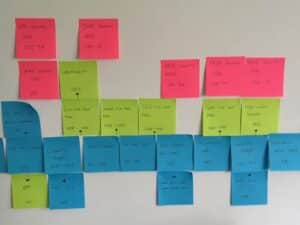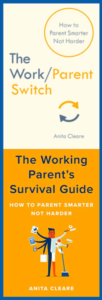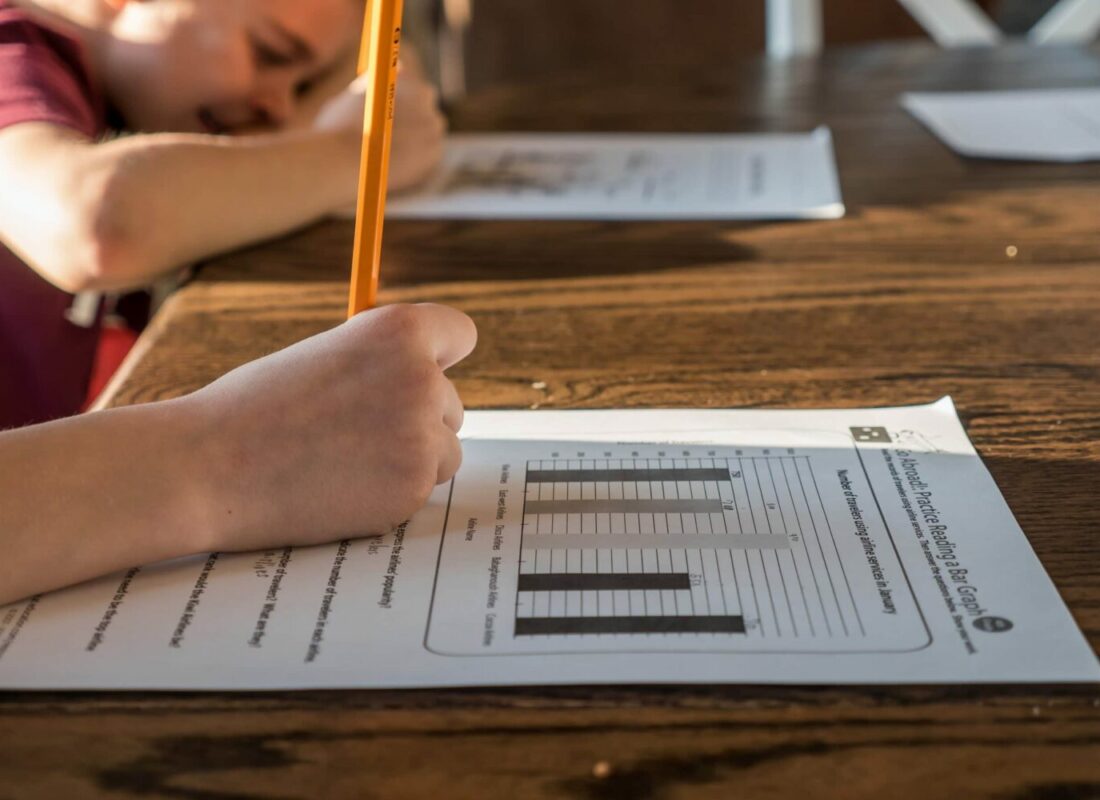Supporting children through exams
Whether your child is 8 or 18, tests and exams can be a stressful time. Supporting children through exams is all about reducing stress, optimising well-being and putting good study processes in place. Parents have a key role to play in creating the right environment for learning and helping children to structure their revision time productively.
We all want our children to do well but there is a difference between support and pressure. Parents need to support children to develop good study habits but avoid pressurising them into a state of heightened anxiety in which learning just flies out of your brain. For some children, exam periods will involve a lot of parental nudging to galvanise them into action. For others, it means helping them stay calm with reassurance, distraction and relaxation strategies. Or perhaps, a combination of both approaches!
Here are my top tips for supporting children through exams.
A sensible revision plan and good study habits
Preparation for exams starts with a good homework routine. If kids are used to doing a small amount of study every weekday, then switching that up to revision is much easier. Help your child put together a realistic revision plan based on the ‘little and often’ philosophy. Short bursts of revision, with scheduled short and long breaks, with regular self-testing to aid memory (and some testing by parents, if they want it). Help your child structure their study time, set learning priorities and prepare revision notes. Music while studying is fine but keep phones at a distance or turned off to avoid social media distractions. (Remind them that they won’t have their phone in exams so it’s good to practise without it.) Parents and children both need to focus on processes not outcomes to minimise stress and maximise achievement. Thinking about the exam and what grade you are going to get is stressful. Focusing on the next 30 minutes and trying to pull out the key points from just one topic is much more achievable.
Stepping stones to exams: regular small incentives
Whether it’s ticking that topic off the list (or colouring it green), or having a break to watch something funny on the TV, or rewarding a whole afternoon’s study with a favourite meal, show your child how to back up the ‘little and often’ schedule with regular incentives. Rather than holding out big rewards for ultimate grades, offer small treats to encourage your child through their revision process. Lots of positive praise and pats on the back for effort plus a few bigger treats like a trip to the bowling alley or cinema (with you or with their friends, whichever they prefer!) for making good progress.
Physical exercise boosts brain power
Supporting children through exams is not about chaining them to their desks. Physical exercise increases blood supply to the part of the brain focused on memory and students have been shown to remember new vocabulary 20% faster after exercise. Regularly doing 15 minutes a week of extra physical exercise is linked to increased academic performance in teenagers. So make sure their schedule includes lots of movement. Exercise also relieves stress and aids relaxation and sleep.
Optimise sleep for better grades
Sleep is crucial. An hour’s sleep deprivation can make a Year 6 pupil’s brain function more like that of a Year 4 pupil. Teenagers who get A grades get on average 15 minutes more sleep a night than those who score B grades (and they get 15 minutes more sleep on average than those who get C’s!). Developing good sleep habits is essential for learning. Morning exams often start early so try to encourage your teenager into an early to bed, early to rise habit (as much as humanly possible) in the run up to exams.
Keep them well-fed and watered
A well-balanced diet plus good hydration will really help (see How to feed your child to support their learning). Provide a low GI nutritious breakfast on the morning of exams and a healthy packed lunch before afternoon exams. There’s nothing wrong with a takeaway pizza on a Saturday night as a reward for studying, or a slice of cake on a Sunday afternoon, but steer teens away from energy drinks and don’t let them skip meals.
Be supportive
Supporting children through exams is best done with lots of nurturing and kindness rather than nagging and railing. Prompt them to follow their revision schedule and help them to do that with regular encouragement and cups of tea. Strategically position desirable rewards to occur after a certain amount of study has been completed. And, if they are going off track, encourage them to learn from their mistakes rather than having a go a them. Ask them what they think is going well or how they might need to adjust, and agree solutions. Then praise them for implementing the solutions. Remind them of their goals and why they are doing this. (See How to support teens and tweens to become better students).
Accept the limits of your power
As a parent, you cannot control what your child does or doesn’t learn or what they do or don’t achieve at school. Supporting children through exams is all about optimising the conditions for good learning, you can do no more than that. You can’t take the learning and put it in their heads. So try not to over-invest in the outcomes. No exam grade is worth destroying your relationship with your child, or destroying a child’s self-esteem (When homework threatens self-esteem, it’s time to take stock). There are so many examples of adults who have succeeded in life without excelling at school so keep a sense of perspective. A failed exam is never actually the end of the world (even if it seems that way).
Found this useful? Check out this FREE video tutorial on How to make homework a happy habit.







